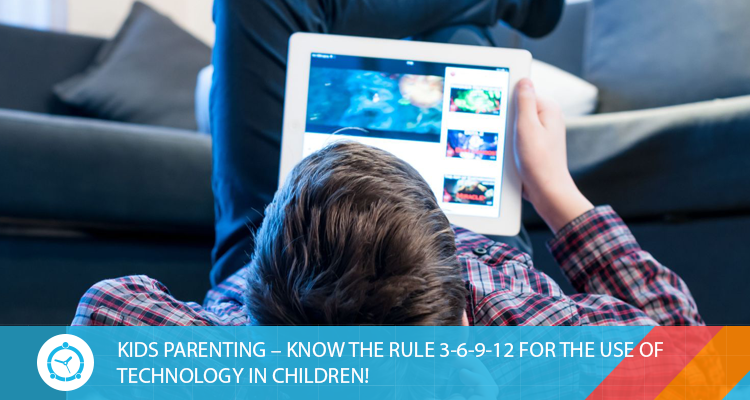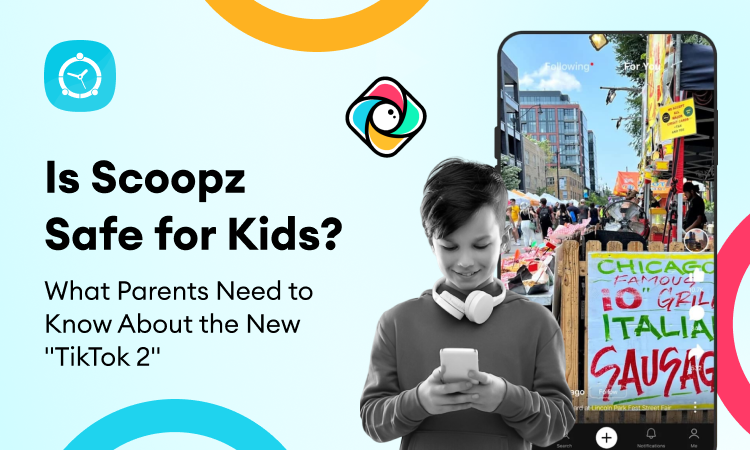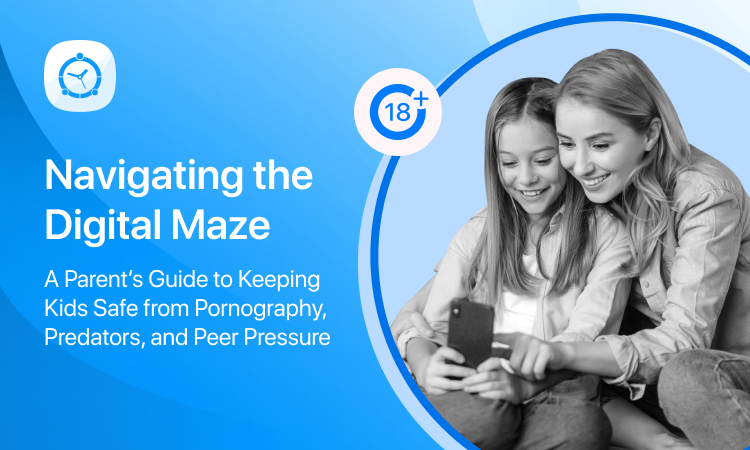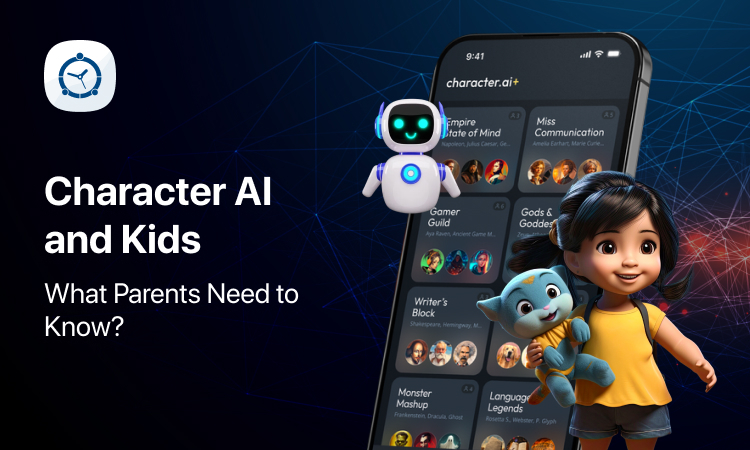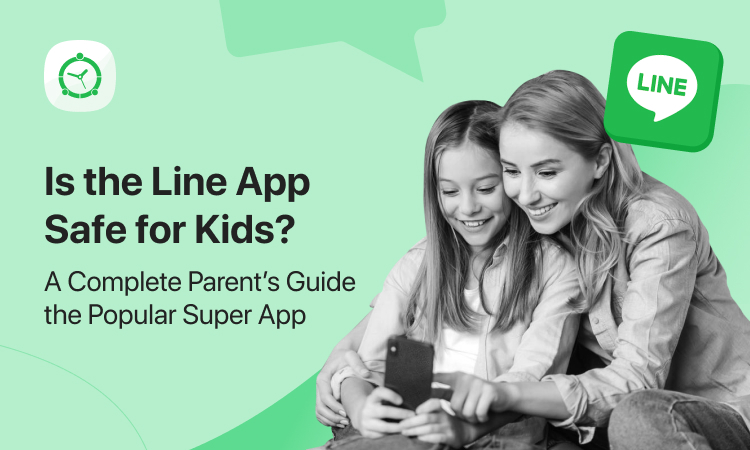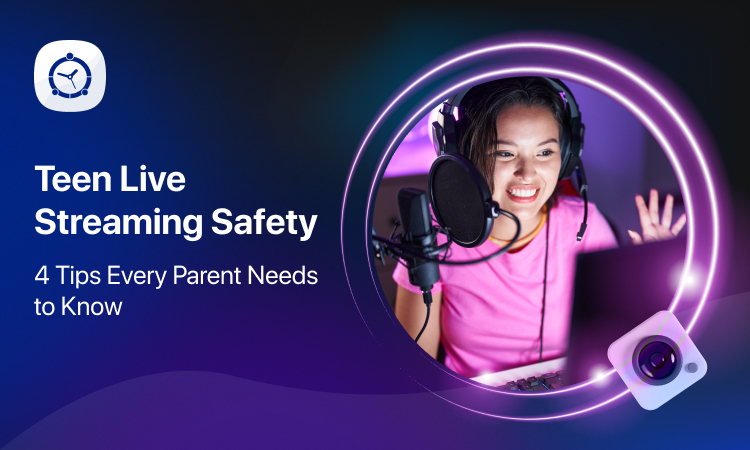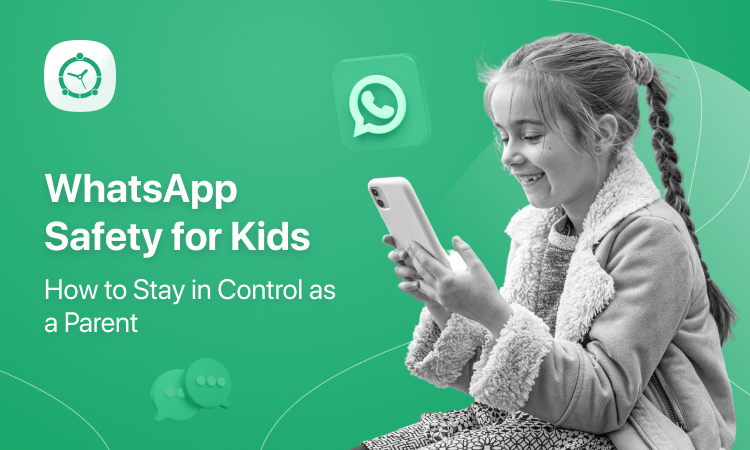Experts recommend rule 3-6-9-12 to parents to regulate the use of technology in their children at an early age.
Due to the great influence exercised by computers, tablets and mobile phones in children, it is essential that parents take the necessary measures so that this influence is positive.
Now, saying that you have to take action to achieve these positive results is simple. However, the questions are: How to do it? What is the appropriate age for them to start using them? Will this rule be effective to control the use of technology in children? Let’s see.
Effect of technology on children
Advances in technology facilitate and allow for interactivity, integration, communication and learning. The overwhelming and inexhaustible variety to play, communicate and receive information, pushes the almost obligation to have an electronic device to integrate into the activities of this century.
However, this could become a problem for children if they are exposed to:
- A lot of distorted information.
- Exploitation and harassment.
- People with bad intentions that hide what they are.
- Social apathy or the little interest in relating.
There is a great avalanche of negative information to which children are exposed. For this reason, it is very important that parents make sure they start using the technology at the right time, as they mature.
What does the 3-6-9-12 standard mean?
It is a norm that serves as guidance to parents on the appropriate age for the use of technology in children. It was proposed in 2008 by the Frenchman Tisseron Serge, who has a degree in child psychology and psychiatry, as well as being a psychoanalyst and director of research at the Ouest Nanterre University in Paris.
The French Ambulatory Pediatric Association endorsed the rule 3-6-9-12 in the year 2011.
4 guidelines established by rule 3-6-9-12
The 3-6-9-12 rule establishes a kind of staircase for children to progressively advance in the use of technology. Basically, the guidelines are the following:
1. Before turning 3 years old
Children are not able to distinguish fiction from reality. They are not emotionally prepared either. Since, television does nothing beneficial to young children; it is suggested to be seen after 3 years.
It is said that it can slow the development of language and memory and thus increase the risk of childhood obesity. Parents should rather encourage their children’s interest in play and creativity.
2. Before age 6
Video games are dangerous because they are addictive, they end up controlling the child, they make him lose track of time and spend many hours playing, which hinders his psychomotor development. They hoard their attention more than other activities. So, before age 6, no video games or tablets.
3. Before 9 years old
Computers hide many dangers that affect the development of the child. Up to 9 years old, they are not prepared for much of the information circulating on the network.
First, that everything published is in the public domain. Second, what goes on the network will stay there permanently. And third, not all the information found there is trustworthy or true. Therefore, other reliable sources should be consulted.
4. Before age 12
Although children want to have a smartphone, they are not prepared before age 12 to control it. Much less to surf alone online or create a profile on a social network. From the age of 12, they will be able to access the Internet with great prudence accompanied by their parents and under time restrictions.
In short, the rule of 3-6-9-12 is not enough. Parents have the responsibility to control the daily time their children spend in front of a screen. And for that, experts recommend parents to make use of digital tools such as FamilyTime parental control app so they can not only monitor their kids’ activities but can also take required control where needed. In addition, they must educate them with respect to their response to different means of communication; in this way, its development will not be affected.

